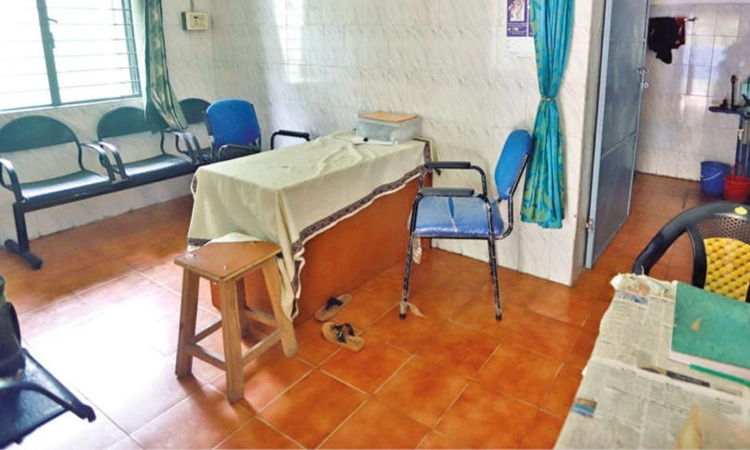Tamil Nadu's Healthcare Quality in Question: Study Reveals Gaps in Community Health Centres

Chennai, Tamil Nadu - A recent study by the Directorate of Public Health and Preventive Medicine (DPHPM) has highlighted significant deficiencies in the quality of services provided by Community Health Centres (CHCs) across Tamil Nadu. Despite the state's healthcare facilities receiving 478 National Quality Assurance Scheme (NQAS) certificates over the past decade, with 239 awarded in the last year alone, the study points to ongoing challenges in quality management, support services, clinical care, and human resources.
The DPHPM's cross-sectional analysis focused on understanding why some CHCs are not meeting the NQAS standards during external assessments. Dr. T.S. Selvavinayagam, co-author of the study and Director of Public Health and Preventive Medicine, noted that out of 423 CHCs in Tamil Nadu, only 130 have participated in the NQAS assessments, with 40 participating in the year 2022-23. This participation rate equates to just over 30% of all CHCs, and about 7% of these failed to pass the assessments.
The study found that 80% of the CHCs that failed scored poorly in quality management, particularly in areas such as policy implementation, continuous improvement, and quality assurance. Moreover, more than 60% of these centres were deficient in managing blood storage, a critical aspect of emergency care.
Key findings from the NQAS assessment checklist revealed that CHCs scored less than 70% in five out of ten departments, indicating systemic issues in areas like accident and emergency, outpatient departments, labor rooms, inpatient services, operation theatres, and more.
The study recommends several improvements:
- Strengthening Quality Management: Enhancing systems for policy implementation and continuous quality improvement.
- Clinical Care: Ensuring adherence to standard treatment guidelines, better emergency preparedness, and improved blood storage and transfusion practices.
- Human Resources: Addressing staffing shortages, enhancing training programs, and securing financial support for healthcare personnel.
Dr. Selvavinayagam emphasized the need for these CHCs to prioritize clinical care and improve support services, which are essential for early screening, timely referrals, and effective follow-up care as outlined by the NQAS standards.
The NQAS program, initiated to elevate the quality of healthcare in public facilities across India, sets benchmarks for promotive, preventive, and primary healthcare services. This study underscores the urgent need for Tamil Nadu's health authorities to act on these recommendations to ensure that all CHCs meet the required standards, thereby improving overall public health services in the state.
